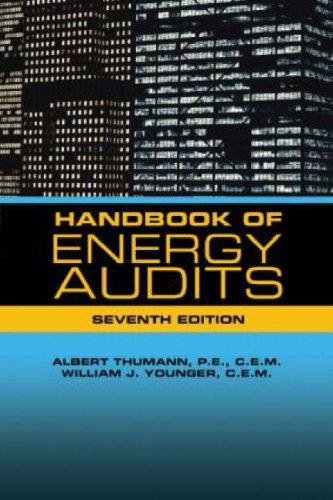Question
Required information P6-7 (Algo) (Supplement) Recording Sales, Returns, and Bad Debts Skip to question [The following information applies to the questions displayed below.] The following
Required information
P6-7 (Algo) (Supplement) Recording Sales, Returns, and Bad Debts
Skip to question
[The following information applies to the questions displayed below.]
The following data were selected from the records of Sykes Company for the year ended December 31, Current Year.
| Balances January 1, Current Year | ||
| Accounts receivable (various customers) | $ | 123,000 |
| Allowance for doubtful accounts | 7,000 | |
In the following order, except for cash sales, the company sold merchandise and made collections on credit terms 2/10, n/30 (assume a unit sales price of $800 in all transactions).
Transactions during current year
- Sold merchandise for cash, $268,000.
- Sold merchandise to R. Smith; invoice price, $10,000.
- Sold merchandise to K. Miller; invoice price, $24,000.
- Two days after purchase date, R. Smith returned one of the units purchased in (b) and received account credit.
- Sold merchandise to B. Sears; invoice price, $28,000.
- R. Smith paid his account in full within the discount period.
- Collected $90,000 cash from customer sales on credit in prior year, all within the discount periods.
- K. Miller paid the invoice in (c) within the discount period.
- Sold merchandise to R. Roy; invoice price, $17,500.
- Three days after paying the account in full, K. Miller returned seven defective units and received a cash refund.
- After the discount period, collected $6,000 cash on an account receivable on sales in a prior year.
- Wrote off a prior year account of $3,000 after deciding that the amount would never be collected.
- The estimated bad debt rate used by the company was 4.5 percent of credit sales net of returns.
P6-7 Part 1
Required:
1. Prepare the journal entries for these transactions, including the write-off of the uncollectible account and the adjusting entry for estimated bad debts. Do not record cost of goods sold. Show computations for each entry. (If no entry is required for a transaction/event, select "No journal entry required" in the first account field. Round your final answers to nearest whole dollar amount.)

can you please show the work in detail ? and describe its outcome.
entry is requireu Tora uransacuum/event, select nu journal entry requireu in erst account Telu. RUMU final answers to nearest whole dollar amount.) Answer is complete but not entirely correct. No Transaction General Journal Debit 1 Cash 268,000 Sales revenue Credit a. 268,000 2 b. Accounts receivable (R. Smith) Sales revenue 10,000 10.000 3 C. Accounts receivable (K. Miller) Sales revenue 24,000 24,000 4 d. 13X Sales returns and allowances Accounts receivable (R. Smith) 13X 5 e. Accounts receivable (B. Sears) Sales revenue 28.000 28,000 6 f. Cash Sales discounts Accounts receivable (R. Smith) 9,687X 300X 9.987X 7 g. Cash Sales discounts Accounts receivable (prior year) 88, 200x 1,800 XStep by Step Solution
There are 3 Steps involved in it
Step: 1

Get Instant Access to Expert-Tailored Solutions
See step-by-step solutions with expert insights and AI powered tools for academic success
Step: 2

Step: 3

Ace Your Homework with AI
Get the answers you need in no time with our AI-driven, step-by-step assistance
Get Started


